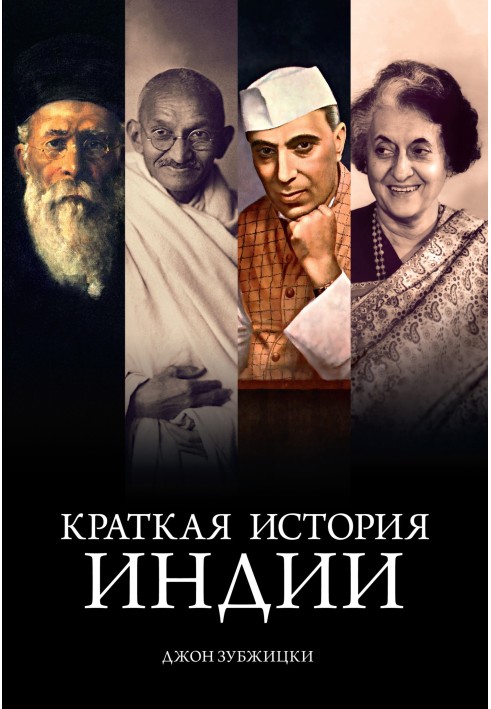Brief History of India
 Instant download
Instant download
after payment (24/7)
 Wide range of formats
Wide range of formats
(for all gadgets)
 Full book
Full book
(including for Apple and Android)
From medicine to mathematics, from philosophy to astronomy, from literature to music, from Buddhism to Bollywood - for five millennia, India has played a prominent role in the Asian region and throughout the world. At the same time, India had the ability to absorb and assimilate foreign ideas, which Jawaharlal Nehru compared to a palimpsest - an ancient manuscript that was rewritten many times without completely removing the previous layer. The book by a prominent expert on South Asia, John Zubrzycki, briefly and succinctly summarizes the complex and dissimilar stages of Indian history. “India is the oldest civilization in the world and the largest democracy. It is the center of the junction of East and West Asia, and the confident guardian of the Indian Ocean... Unlike the history of China, which can be clearly divided into periods of dynasties such as the Yuan, Ming or Qing, India's past is replete with many centers of power that fought desperately among themselves. Even at the height of the empire, none of the three great Indian empires - the Mauryas, the Guptas and the Mughals - controlled the entire subcontinent. And even Britain could not make such a statement until the defeat of the Marathas in 1818. But even then the princely states, which accounted for a third of the population, retained some nominal independence... It is not so easy to condense 5,000 years of Indian history into a couple of hundred pages, trying to reflect all the subtleties, but I will risk it.” (John Zubrzycki)The publishing design is preserved in PDF A4 format.
Data sheet
- Name of the Author
- Джон Зубжицки
- Language
- Russian
- Translator
- Игорь О. Летберг












